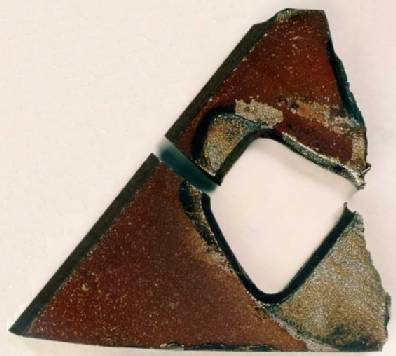
- LP steam turbine shrouds; 250MW unit at a power station in the far east
Problem:
- Through cracks, attributed by the OEM to a 20degC steam temperature change caused by poor reheat control by the operator
Approach:
- An independent assessment involving fractography and stress analysis
Benefits:
- Defect morphology found to be indicative of high-cycle fatigue, rather than the low-cycle fatigue expected to result from temperature fluctuations
- The thermal stresses caused by the temperature fluctuations demonstrated to be insufficient to initiate the observed defects, nor grow them through the shroud in the available timescale
- A small design change leading to a blade passing problem identified as a plausible cause of high-cycle fatigue
Published:
Wood, M.I., Jones, G.T., Jarvis, P. “Mechanical behaviour of shrouding in the low pressure stage of a 250 MW unit”, 3rd International Charles Parsons Turbine Conference, Newcastle, UK, 25-28th April 1995
